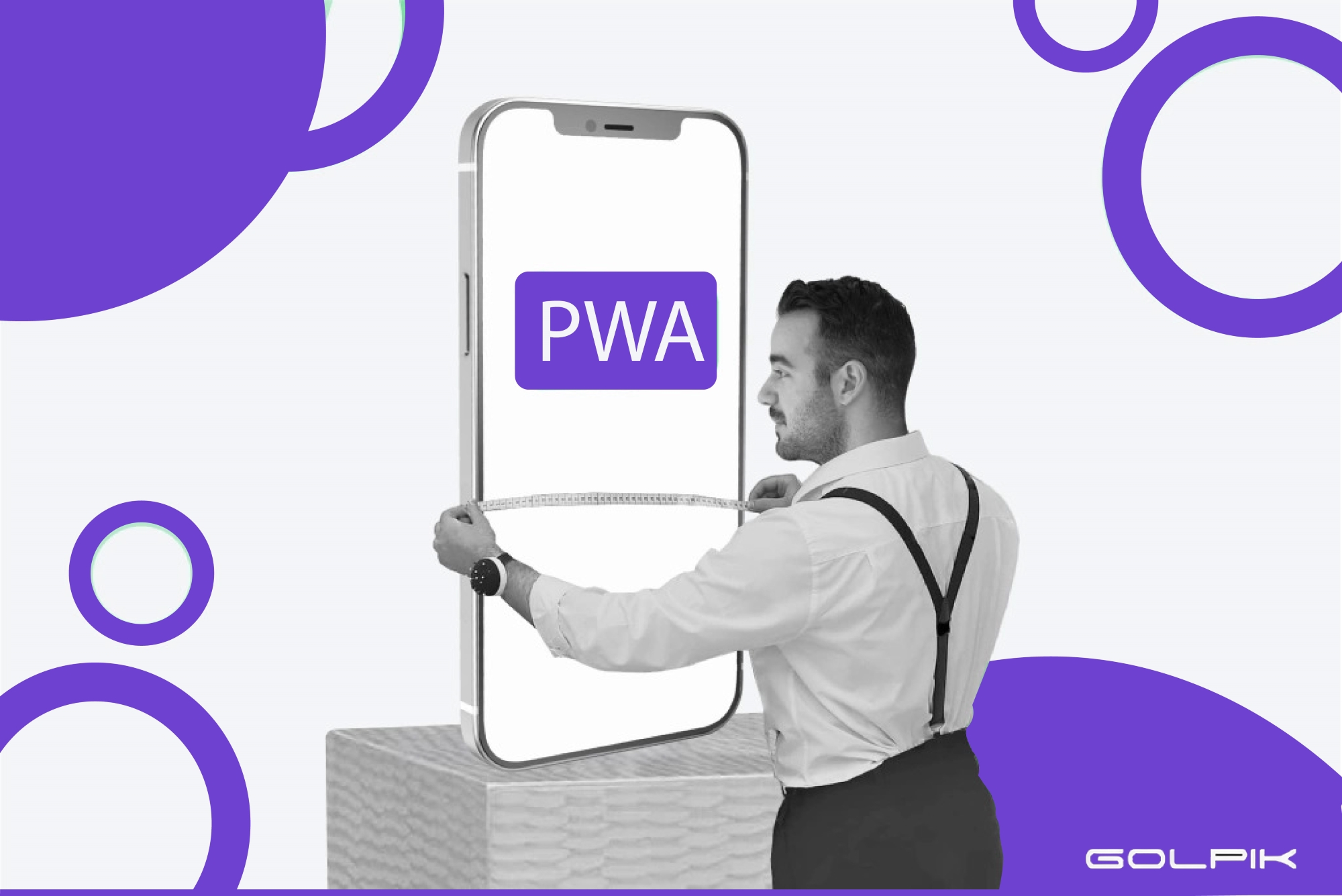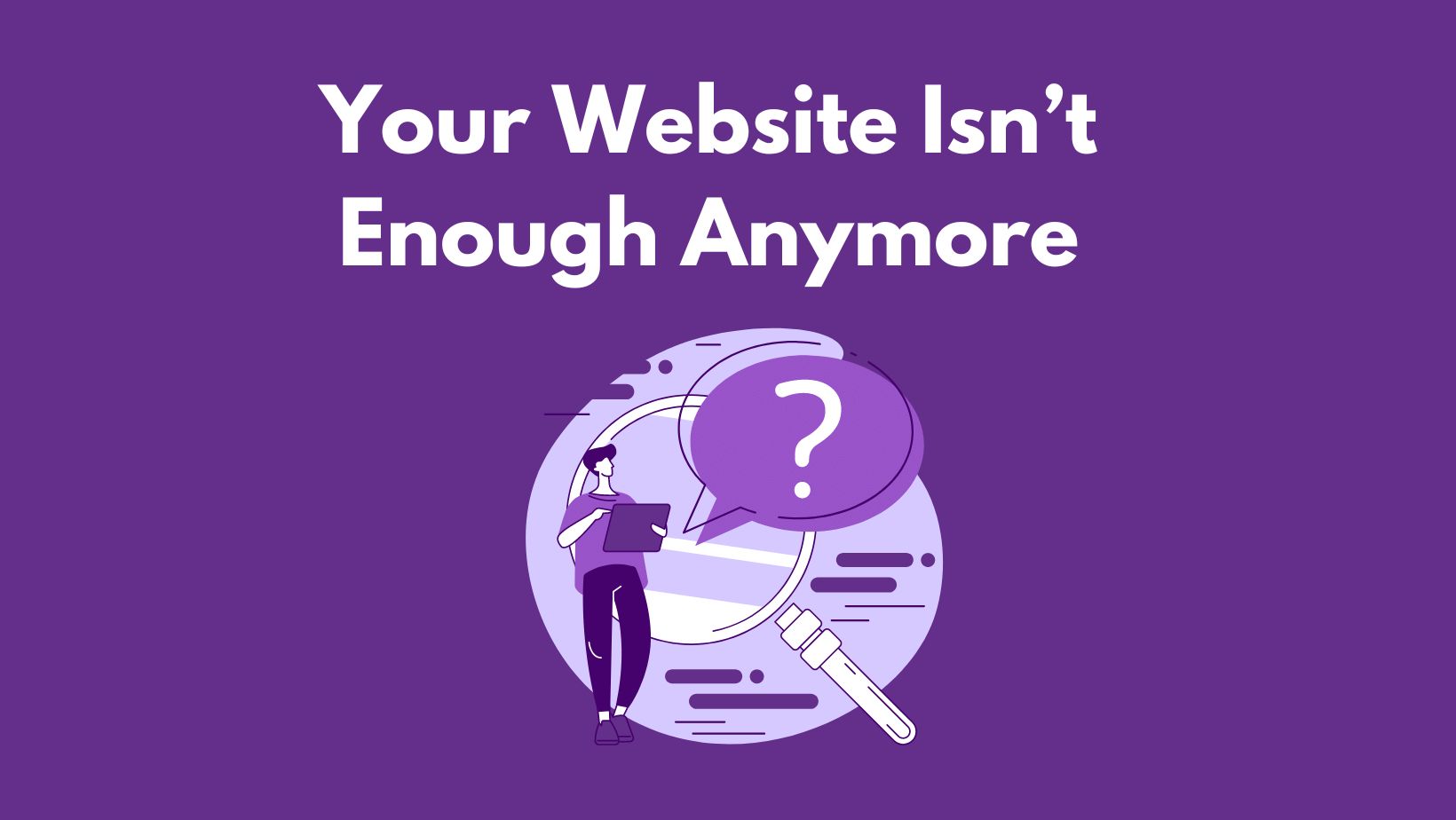The Rise of Progressive Web Apps (PWA) and Its Benefit for Your Future Business.
Nowadays, the technology industry is making huge investments in innovative web solutions. Progressive Web Apps (PWA) has increasingly become more prevalent due to its fullest support with Opera and Chrome. Similarly, iOS, Microsoft Edge, and Firefox are also supporting PWAs with immense progress, creating the best experience for all.
PWAs are now getting increased support from different major brands that seek the fullest benefit of their capabilities. For example, Twitter has made a great investment in ensuring its web experience with response to progressive web apps. It has resulted in a fast user experience with an improved interface-based link. Pinterest and Facebook have also joined hands with PWAs to get a streamlined user experience.

The PWA landscape is highly transforming the e-commerce businesses while remaining higher on other firms. These particularly include the Weather Channel, Pinterest, Washington Post, Starbucks, and Twitter. These entire firms have recently applied the launching of their web apps through PWAs in the preceding six months.
What are Progressive Web Apps:
PWAs stands for apps which are easily installed on the system. They involve previous interaction in using the cached data. They ensure the operation being done offline or without an internet connection. They work similarly to websites that perform well like native apps.
PWAs possess functional operations similar to a native app. They are easily managed in delivering the usability of different websites. They are effective in mitigating a spectrum of issues that range from an overall lack of connectivity to data obstruction or an inadequate network.
PWA Benefits for Your Future Business
Rising Consumer Expectation:
It is observed that consumers have a low tolerance for different brands, particularly having a poor digital-based experience. The customer gets a spectrum of choices at their disposal, making an easy move on to other brands. This gives an underwhelming experience to customers, making them again reluctant toward the use of a specific brand.
Starbucks and Pinterest started launching their PWAs with a noticeable increase in interaction with their customers. For example, Pinterest achieved a 60% increase in its mobile interaction. It also achieved quicker page loads while gaining a streamlined mobile experience. Similarly, Starbucks achieved a great web-based order management experience for its coffee-drinking customers.

Native App Like Experience:
PWAs offer a reliable and adaptive interface around every device. They start loading similar to a standard website while giving an advanced-based native mobile experience. They include the capability of adding a one-touch solution to the device’s home screen. They operate offline while also allowing for different types of push notifications.
Moreover, PWAs provides website benefits that are related to search engine optimization. They have even the capability of accessing modern web browsers while providing a generic experience for all users. Alongside native mobile applications, PWAs have been appearing in the Google Play and App Store with having numerous features in them.
Reduced Resources and Expenses:
PWAs provide a streamlined coding experience that result in reduced resources and expenses. They require only one code base for providing mobile/website app-like experiences around different devices and browsers. In short, they require only one team in running through digital devices and products. They are mainly consistent with one test approach and simply work with one software platform.
PWAs are helpful in reducing resources and expenses through different measures. On the other side, PWAs are effective in planning, designing, creating, and managing both mobile and website app-like experiences. They are highly recognized for reducing costs of maintenance, development, and design of the product. They finally save money and resources for companies while enabling them to have a quick delivery of newly derived features.

Adaptive:
PWAs highly support innovative brands in today’s changing technology. They provide an incredible speed for a better performance of the website and mobile app. They implement highly advanced forward-looking technologies for omitting an increased cycle of strategies. They again support in designing, producing, and re-constructing digital solutions.
PWAs continuously change to fulfill the newly arrived functionality and improvement. They are fundamentally versatile, meaning that they work efficiently with the website or mobile app frequently. They are supportive in determining the basic needs of a native mobile application or a legacy website. For example, PWAs work for years to provide a win-win solution.
PWAs are continuously building for transition, assuring that firms need not invest in a less user-friendly mobile app or one-off websites. They are continually monitored to ensure well and re-designing in order to work proficiently. They evolve around the brands to meet the demand and technology needs of customers.
Streamlined Web Experience:
Google considers PWAs as great web experiences. It is mainly due to PWAs effective functioning with the faster page loading, cross-browser compatibility, and ease of access. PWAs are quite supportive in leading the firms to achieve a high level of user experience while impressing customers and getting them hooked.
Additionally, PWAs are reliable in loading instant pages and showing the website with a single click. It works even under predictable network conditions. They are fast because they respond easily to user interaction. They avoid janky scrolling while providing a silky smooth animation. They are reliably good to enjoy an intuitive user experience due to their functioning and engagement as a normal app.

Enhancing User Experience:
PWAs provide progressive enhancement that result in an enhanced user experience. A strong PWA solution is effective in increasing the pace of technological capability. They empower firms while adding the right solutions for businesses.
The launch of PWAs has derived several companies to enjoy a leveraged web experience. It has powered the web platform to a great extent, thereby reaching newly developed marketplaces and enhancing their user experience. In fact, WPAs are simply very easy to be developed, tested, maintained, and post deployed as and when needed.
Increased Page Speed:
It is obvious that there has been a considerable decrease in the speed of mobile page loading, such as from 22 seconds to 15 seconds. However, it is still lacking the need for customers because they are readily looking for a smarter web solution. WPA has what it takes to derive mobile apps to a growing speed as needed.
An example is Google’s recent study where it revealed how WPA had provided a winning mobile speed solution concerning page speed. It was quite surprising that WPA accelerated a 32% increased level of page speed for the mobile app, making considerably less time to access a web page through the mobile app. It was, in fact, recorded as sub-second page loads, leading to initiate PWA as the first choice for mobile retailers.

SEO-Friendly:
Google search generates eCommerce sites up to 43% of traffic. It is significantly a huge ratio of traffic ever generated. As PWAs are supported through URLs, they are possibly targeted by a search engine. It is opposed to low accessed sites because they have no such capability to be targeted by a search engine.
PWAs are highly recognized in terms of SEO-friendly web page access. They provide fast load times for the web and mobile apps, making their speed considerably higher than expected. Such speed motivates shoppers to remain on the site for a long period, totally enhancing the company’s position in search ranking.
Reduced Development Costs:
A leading benefit of PWA is that the companies get a reduced development cost. For example, PWAs are supportive in deriving one solution for all devices, particularly as compared to other native apps that require an individual solution for all. They also provide a responsive site for all users while eliminating the need for increased development and marketing costs.
PWAs such feature enables in offering a unique opportunity for serving every channel from one platform. This platform is properly serviced, maintained, and built by PWAs themselves, leaving no chance of an inconvenience or requiring outside team service. It finally reduces the time frame that is also important in executing big projects, thereby saving development costs as a plus point and as a single stop solution.
If you need a smart solution in progressive web, then consult our expert for a smooth solution.






